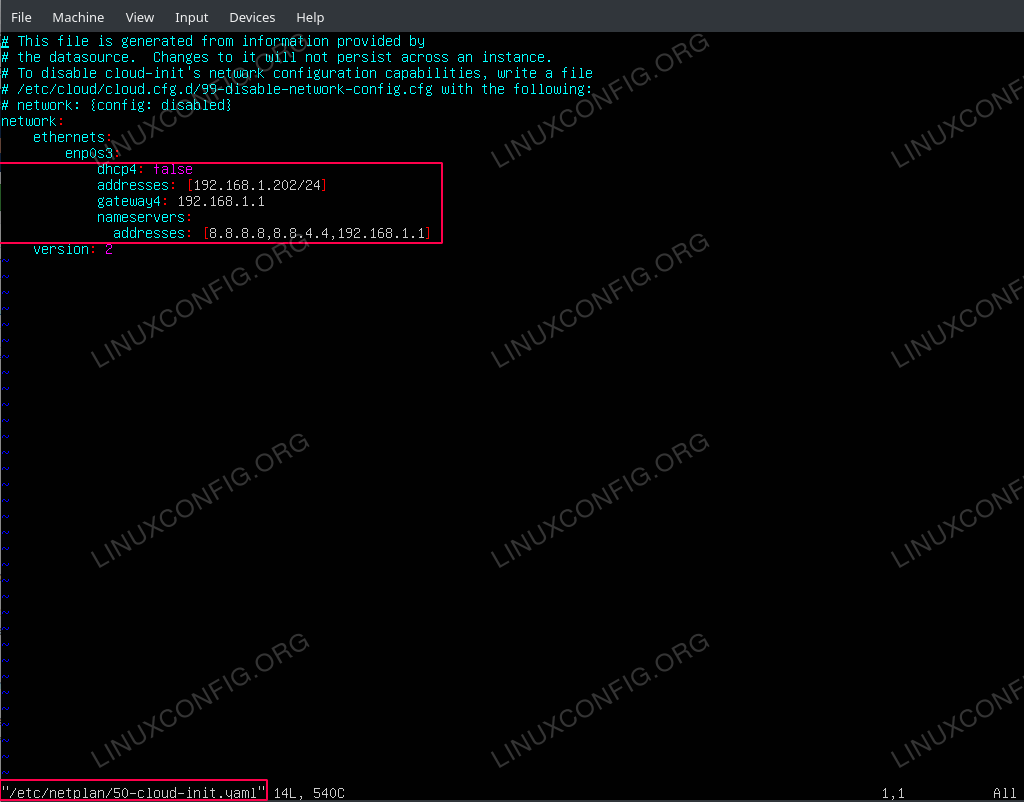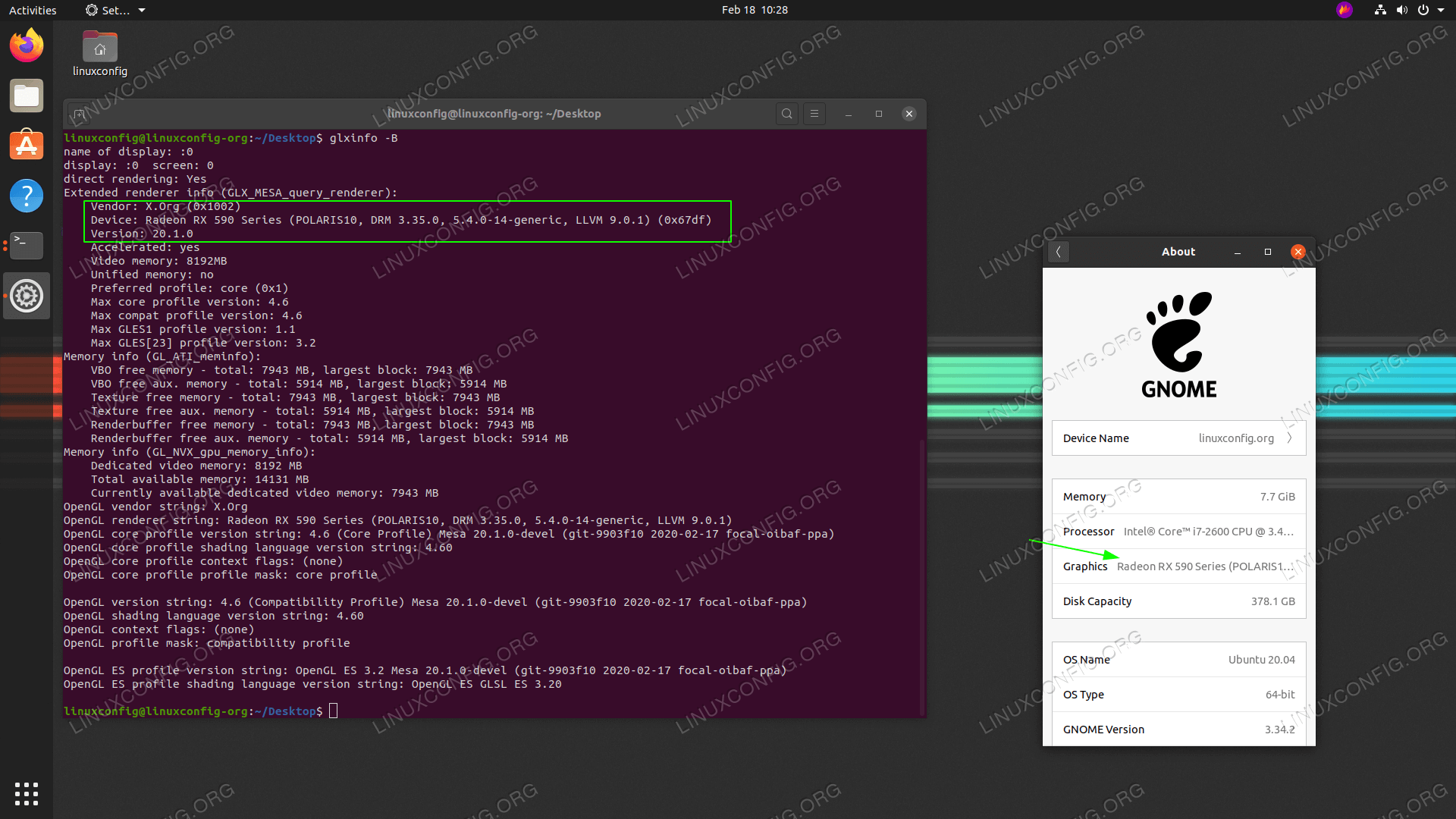

It is just very powerful in the sense that it doesn't take up as many resources to run as some of the other operating systems.
#Ubuntu on parallels pro con install#
Two 15-20GB partitions do not take up much space on modern hard drives.There is a lot of freedom and flexibility to install it really quickly. The previous release could be booted while the problems were sorted out, minimising disruption for people using these shares. This has stood me in good stead recently, when problems were encountered configuring shares in the LAN.

Subsequent releases can then be put on the next partition, allowing me a complete fallback to the previous release in the event of problems. Generally 15-20GB is more than enough for the / partition no matter you want to do, however if you want to install large database programs (oracle) setup large servers, or doing anything else that the normal desktop user will not do, then you need to understand the requirements for the system you are trying to build before proceeding. Since Ubuntu itself requires less than 4GB, efficiently sizing the / partition is the key to success. There are no problems with having a separate /home, as long as the person administering the system has the ability to understand and set up subsequent releases correctly. You should never entrust your most important files to just one drive or partition. Having a separate /home partition does NOT negate the necessity to do proper backups of your important data however. On one of my machines /home is on a separate drive, physically insulating the data from problems on the first hard drive.
#Ubuntu on parallels pro con upgrade#
If you suffer from a failed release upgrade for example, the /home partition will be untouched and you can easily recover by installing or re-commencing the upgrade without being too concerned about your data. This speeds up the installation and leaves your data intact, even if you wish to format the / partition at that time.Ī separate /home can also make data retrieval easier in the case of a crash. You can also re-install at any time, and by selecting the advanced mode (partitioner) in Ubiquity you can specify the /home partition without formatting it. Filling up the /home partition does not result in the main filesystem crashing or being unable to update. Mainly though, it makes your file system more rugged. It does allow for separate buffering though, so I guess there would be a minor speed increase from that under the right conditions. It won't speed up file access much, unless the partition the /home is on a faster device. But if you're not very familiar with Linux or the command-line, and you intend to try out different Linux distributions, a separate /home is recommended.


There aren't any risks to making a separate home partition.īottom-line: In your place, I wouldn't go for a separate home partition unless I had a second physical drive I wanted to use for it. That MAY affect overall file access speed on the entire partition with some filesystems. e.g., if you are a developer, or you have lots of sources lying around. It isn't going to affect the speed of file access much, UNLESS you tend to have lots and lots of small files in your home directory. It also makes resizing/migrating to a larger home partition easier, if you ever need more space. It is also possible to do this with /home on your / partition, but is a little more complicated. You simply choose to preserve your /home in the partitioner during install, and you're set. The biggest pro, in my opinion, is that you can easily install a newer Ubuntu version (or any Linux distro for your architecture, really), without losing most of your custom settings, configurations, downloads, etc., since such a step usually involves wiping out the existing system/boot partitions.


 0 kommentar(er)
0 kommentar(er)
